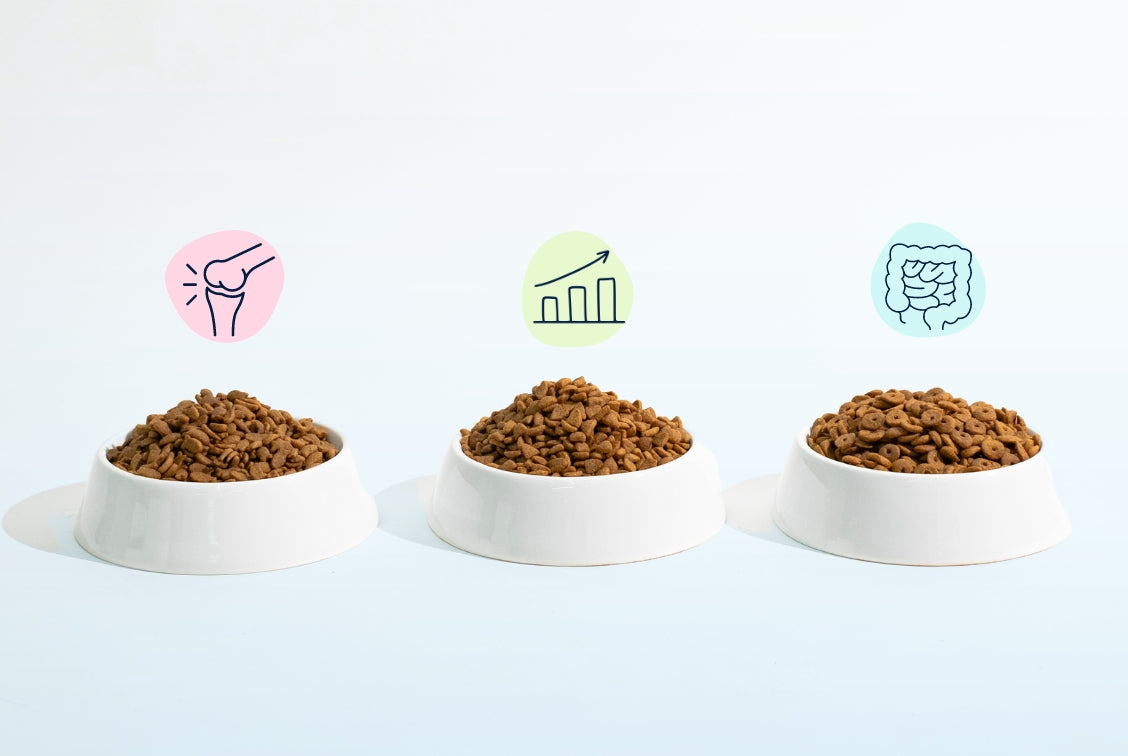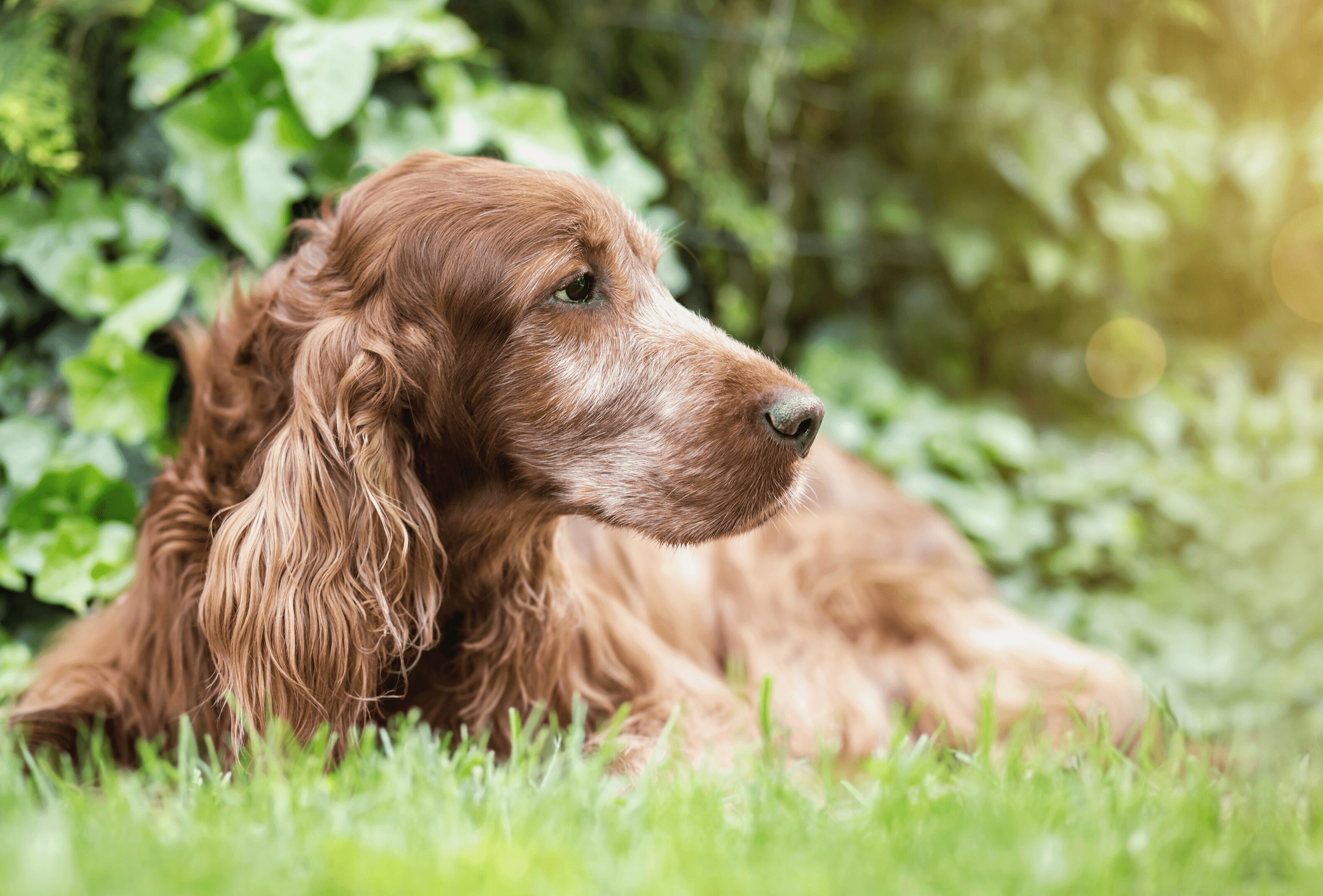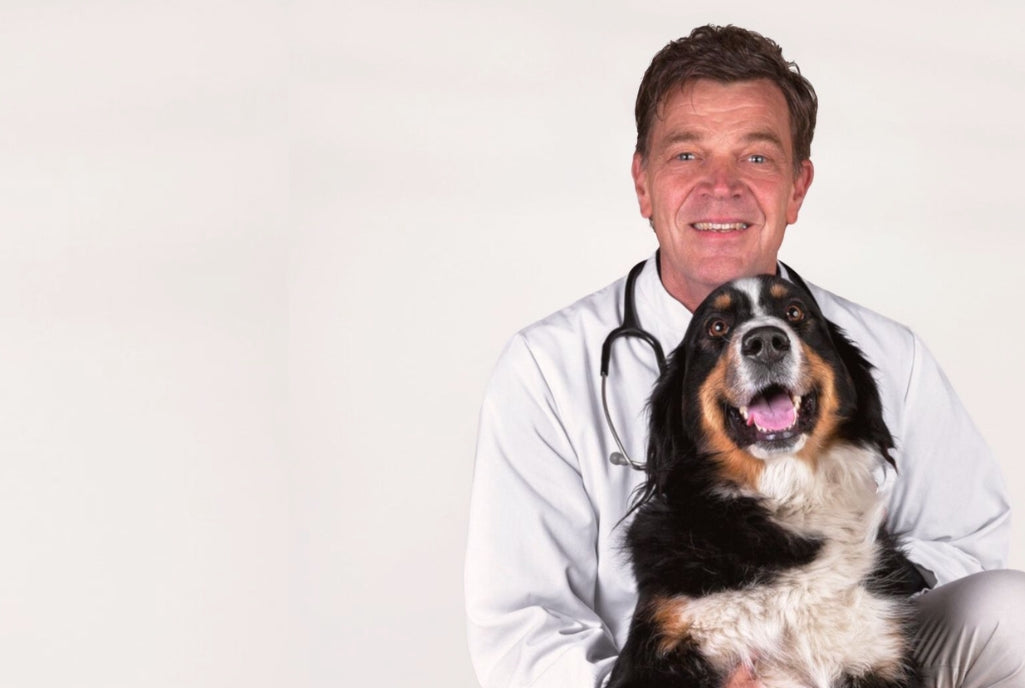How do you care for your dog's teeth and what do you need to know about dental care for dogs?
- Dental Care nutrition helps prevent tartar build-up and bad breath.
- The biggest cause of dental problems is dental plaque, which turns into tartar after 24 hours.
- There are 4 ways to care for your teeth: brushing your teeth, flossing, chewing and feeding. Brushing your teeth is the most effective way to care for your teeth.
- Bad breath is often the result of bad teeth.
- Tartar must be removed by a vet under anesthesia, so try to avoid this!
How do you care for your dog's teeth?
Dental care for dogs is important. Dogs have more dental problems than most people think. Dental problems are mainly caused by plaque that is converted into tartar after 24 hours. The formation of tartar can cause your pet to have problems with its teeth.
Neglected teeth can have serious consequences. If you do not take good care of your dog's teeth, this can lead to plaque and gum inflammation and, in the worst case, teeth falling out. This is often recognizable by an unpleasant odor from the mouth. Without intervention, the bacteria that form in the mouth can also cause inflammation of the kidneys, liver and heart. Dental problems are among the most common diseases in dogs.

How do you prevent your dog from having dental problems?
How to care for your dog's teeth? Dental problems are mainly caused by dental plaque. Dental plaque is a barely visible layer that is constantly forming on the teeth. It consists of food remains, mucus and bacteria. If it is not removed, dental plaque calcifies into tartar within 24 hours. Because the approach is aimed at preventing the formation of tartar, it is important that attachment to the tooth surface becomes difficult. Regular removal of this thin layer prevents attachment. Dental plaque is accompanied by bacterial growth in the mouth and can eventually lead to painful inflammation. Tartar can be removed by the vet, who can perform a dental cleaning under anesthesia. It is recommended that dogs brush their teeth once or twice a week to prevent tartar from attaching. Just as it is important for you to visit the dentist regularly, it is important to take good care of your dog's teeth and check them regularly. With the right care, you can prevent dental problems in your dog. Prevention is always better than cure.
Bad breath
1 in 4 dogs suffer from bad breath. Bad breath can be caused by leftover food or the type of food (tripe, for example), but then the smell is also quickly gone. If the bad breath is chronic, it can be the result of inflamed gums.
Dental check-up
As your dog ages, the chance of gum problems also increases. 4 out of 5 dogs over 3 years old have dental problems. Bad teeth are often characterized by bad breath and also the dog that finds it annoying when its snout is touched. Small breed dogs in particular are more sensitive. With these dogs you really have to check them thoroughly. Still, most people think that their dog's teeth are healthy. Your vet can do a comprehensive check. Even if your dog has healthy teeth, we recommend an annual routine examination of its teeth by a professional. The vet often has a promotion in February, because this is the month of the teeth.
Dental care for dogs
There are four ways to care for a dog's teeth:
1. brushing teeth
2. floss rope
3. gnawing
4. Nutrition ( Denkadog Dental Care )
Brushing teeth
Get your dog used to it right away by regularly (at least once a week) brushing his teeth. When playing, you can get him used to the fact that it is normal for you to touch his teeth. The later you start doing this, the harder it becomes. For brushing teeth, it is best to use a dog toothbrush, but finger socks are easier. Make sure you use special dog toothpaste or better yet, dental oil for cleaning. Dogs cannot tolerate fluoride.
Floss rope and chews
If your dog plays a lot with a floss rope or bone and chews on it regularly, he also keeps his own teeth clean in a playful way. Make sure the dog plays with a floss rope regularly by throwing it to the dog a few times a day.
Power supply
How do you take care of your dog's teeth with food? The softer the food your dog gets, the greater the chance of tartar. So make sure you regularly feed your dog hard chunks. Denkadog has special chunks that contain ingredients to slow down the formation of tartar. Denkadog Dental Care prevents the formation of tartar.

How should I brush my dog's teeth?
Your dog will benefit most from regular dental care by brushing his teeth. Small breeds need to do this more often than larger breeds. Start getting him used to having his mouth looked at from a young age. It is easier to learn if there is a small reward. Also choose a good time to brush, such as after walking. Your dog will have used up energy then and will be more easy-going.
- Get your dog used to you touching his teeth.
- Then get your dog used to the taste of dog toothpaste or oil (do not use regular toothpaste!).
- Slowly run your finger along his teeth.
- Then gently brush his teeth with, for example, a finger toothbrush/stocking.
- Start at the back of the mouth and slowly move forward.
Also read our blog about brushing dogs' teeth .
Follow us on Social Media







